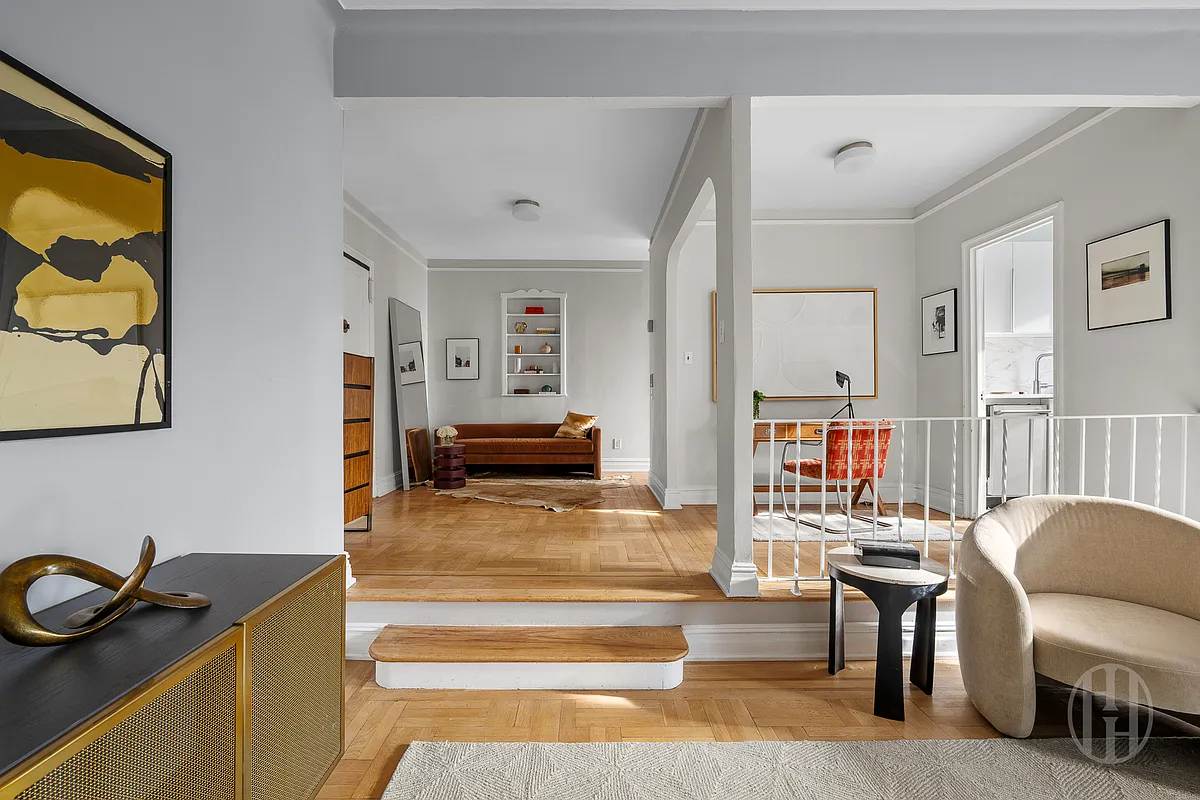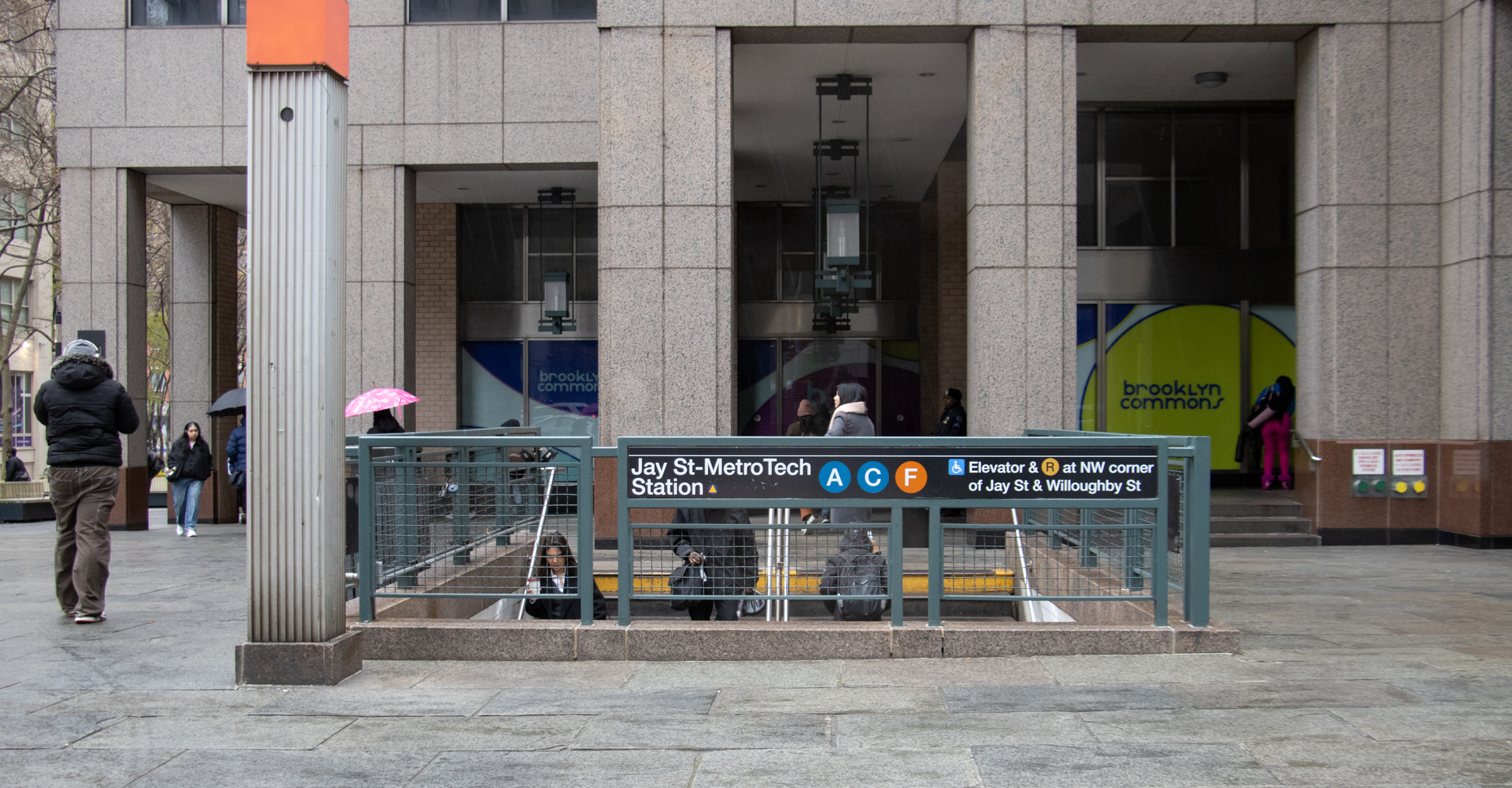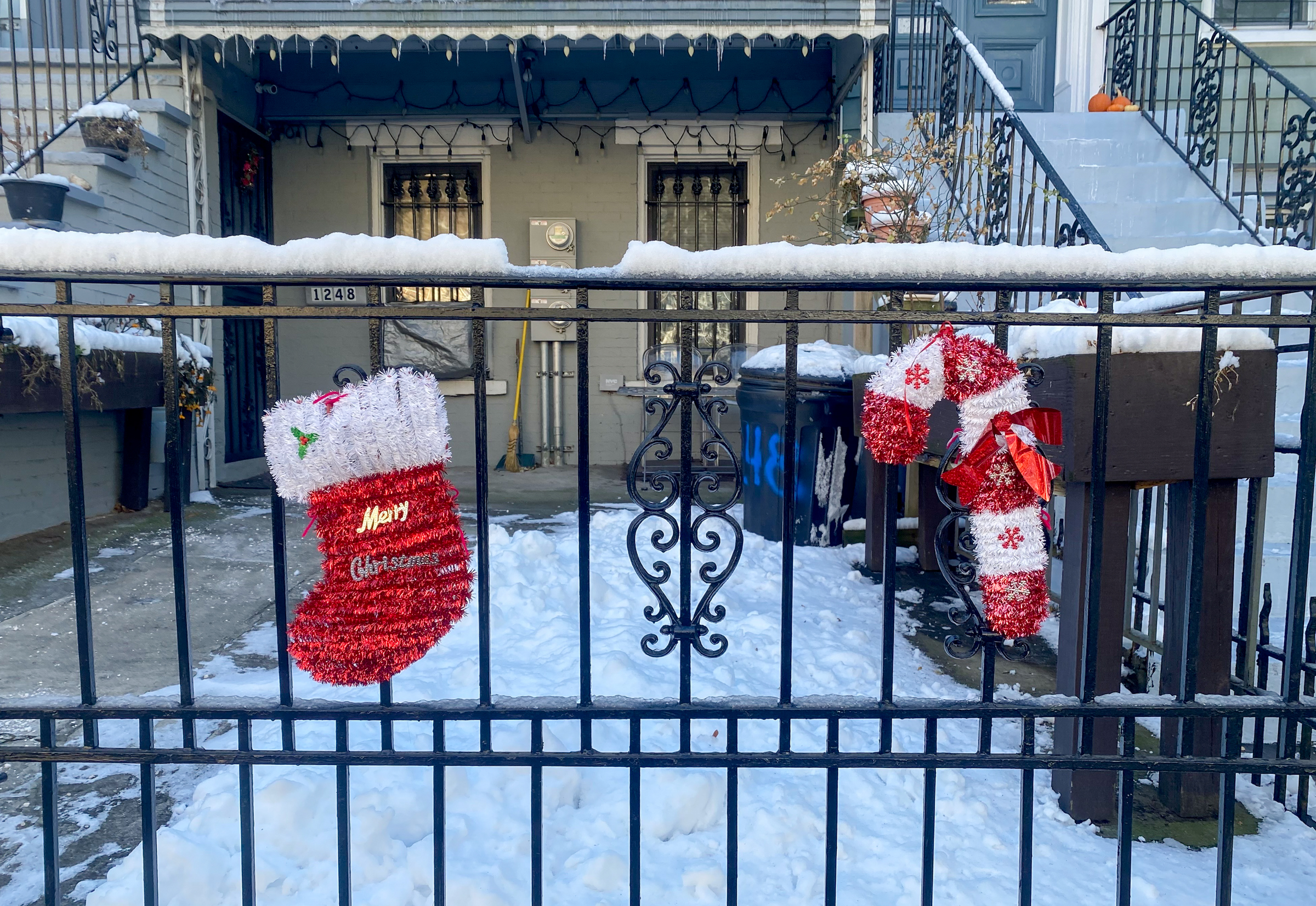Inside Third & Bond: Week 25
At the risk of alienating our readers with more narcoleptic-inducing offering plan analysis, we thought we’d discuss 4 important decisions we made in our last offering plan for J Condo to determine how we are going to create the next condominium structure for Third & Bond. To paraphrase Senator Obama & Governor Patrick, offering plan…


At the risk of alienating our readers with more narcoleptic-inducing offering plan analysis, we thought we’d discuss 4 important decisions we made in our last offering plan for J Condo to determine how we are going to create the next condominium structure for Third & Bond. To paraphrase Senator Obama & Governor Patrick, offering plan language is not just words; they have meaning long after we’ve completed construction and moved on to our next project. For example…
Flip Tax: We felt strongly when creating J Condo that there should be a 1% flip tax on all resales, i.e., sellers pay 1% of their sales price to the condo. Our thinking at the time was that in a large building with a lot of turn-over, especially early on, the building reserve fund would capture a significant amount of revenue. Let’s assume there’s an average annual 10% turnover on 267 units with an average sale price of $1 million. That’s annual flip tax revenue for the condo of $267K. After 5 years, there could be more than $1 million in the reserve fund for a new building, which establishes the condo with a very strong financial foundation. Our J Condo brokers warned us that the flip tax requirement could chill the market, discourage investors, etc. Four years later, what have we learned? No one brought it up or told us they didn’t buy at J because of the flip tax. Units are already being resold, earning serious revenue for the building. So far so good.
Third & Bond might also see a flip tax.
Board Control by Sponsor: Sponsors are allowed by law to control the condo board for up to 5 years. We’ve seen sponsors choose this alternative in order to ensure that they can control the decisions of the building. We think that strategy has a downside: residents will continue to feel disenfranchised, thinking of the sponsor as more of a landlord. If the sponsor is in total control, then shouldn’t the sponsor fix every problem like a landlord would? However, cut the umbilical cord too soon and let residents control the board from day 1, and other problems can ensue. We’ve heard of new management companies and resident-controlled boards who’ve done a bad job of maintaining the new (and often complicated) building systems that have been installed. If the HVAC system, for instance, gets screwed up, there’s lots of finger pointing exchanged (if not lawsuits) between sponsors and condos. So we tend to take the middle ground. At J Condo, we’re controlling the board for 2 years while still having resident board members elected in those first two years, in order to begin the transfer process. At the Marais in West Chelsea, we gave up control of the board immediately, but hired our management company for the first 3 years.
Third & Bond will likely have a similar transition of power.
Assignments/Resales: Our contracts don’t allow buyers in contract to flip or assign their contract to anyone else. Most New York developers have this prohibition, thus limiting the speculative environments one hears about in Florida for example. We also don’t allow buyers to advertise their resale while they’re still in contract, they have to wait until they’ve closed. Other more onerous contracts we’ve seen don’t allow buyers to advertise the resale of their units for up to a year after closing! Why? They don’t want buyers competing with their ongoing sales process.
Third & Bond we’ll have to consider the market just before we put in the offering plan but probably we’ll keep it the same as at J.
Warranty: There are no long-term warranty obligations required of any sponsor, and all sponsors must disclose what they will or will not warranty. For instance, as long as a Sponsor discloses in the Special Risks, you’re taking this dump as-is, I’m not warrantying nothin’, and there’s a good chance the roof might begin to leak in 3 years, prospective buyers would have a hard time complaining about construction problems. We offer a 1 year warranty on all labor and materials and provide longer term 3rd party warranties for the roof, kitchen appliances, and certain HVAC equipment. We try to stick to this 1 year warranty, otherwise buyers will be calling for years when there’s a problem with their toilet, A/C, flooring, etc. We’ve heard of sponsors who continue to voluntarily fix things 4-5 years down the line, and then they’re unable to extricate themselves from these responsibilities since they never drew a line in the sand. If any buyer would ask us about it, we would point out that if they buy the co-op down the block, they’re buying everything as-is, and that one year should be enough to identify problems in an apartment that might fall under the Sponsor’s responsibility.
After a year, if buyers need a replacement part, there’s always Brooklyn Flea…
Inside Third & Bond: Week 24 [Brownstoner]
Inside Third & Bond: Week 23 [Brownstoner]
Inside Third & Bond: Week 22 [Brownstoner]
Inside Third & Bond: Week 21 [Brownstoner]
From our lawyers: This is not an offering. No offering can be made until an offering plan is filed with the Department of Law of the State of New York.”





9:57: There were never roots across the area where you see the disturbed dirt–that used to be a concrete wall. So, no, about 1/3 of the roots were not cut off.
Our arborist looked at the tree last fall, before the work got close to it, and helped us plan to protect it.
Whether or not the tree stays depends on the extent that supporting wall can stay and whether the property owner wants the tree.
BTW, there will certainly be a net gain in trees for the site in any case since we are adding street trees that didn’t exist before this project.
fyi
THE HOUSING MERCHANT LIMITED WARRANTY LAW
In 1989 the State of New York passed a law to protect buyers of new homes. It is known as the Housing Merchant Limited Warranty Law (General Business Law §777 – 777b) and, briefly stated, it provides that the seller of a newly constructed home of five stories or less guarantees the home for one year against almost any defect, for two years against defects in the mechanical systems of the home (such as the heating or plumbing system) and for six years against structural defects. The law contains detailed provisions as to how the buyer must provide written notification of the defects to the builder; those provisions are spelled out in the offering plan and must be strictly followed or the repair of the defect is waived. Certain items which occur normally and are considered maintenance items are specifically excluded from the warranty. A typical example is a small amount of nail popping through sheetrock which is caused by normal settlement of the building. Homeowners should read these provisions carefully.
From the picture of the tree and excavation, I’m guessing that tree is headed for a slow death.
It appears the excavation has taken off about a third of the root structure. Tree roots don’t go straight down, they spread out wide below the ground surface – to capture both air and water. If there was a structure above that hole, it’s highly probable there was significant root growth that was sheared off, which would shock the tree and compromise its health.
What’s going on? You’re close to sea level and 1/2 block from the Gowanus Canal. Every tree is a sponge that absorbs ground water, a real benefit in this area when the heavy rains come.
i don’t get the mark burnett reference.
nevertheless, still think:
david kramer > donald trump
I am a Windsor Terrace resident/attorney who is thinking about possibly doing some ground-up construction in the nabe. I absolutely LOVE this section of Brownstoner. I even took the geeky move of pasting all of your postings into a word document and emailing it to my geeky architect friends. It’s my favorite thing about Thursdays (aside from the fact that it’s almost Friday).
Here’s a lighting round/rapid response to today’s fans & detractors:
11:55, We actually think these issues are kinda interesting.
12:00, ESB wasn’t profitable for decades, so hopefully we’ll do a lot better than ESB.
12:18, These are not single family homes. The condo is an advantage for numerous issues of efficiency, such as having a super.
12:20, how long this is taking? Usually, we assume it’s at least a year to design/finance/bid/permit a project. We started working on this site in June 07.
Trudylou, we’re on schedule.
Johnife, I think you’re right, there’s no sheet rock on the job quite yet, it’s always better if foundations & structural work precede sheet rock.
12:33, never say ever. Things can get a lot worse.
12:37, Alison’s a she, David’s a he, we take turns writing this in a unisex style. But thanks for the compliment all the same.
12:50, Will be worth zero once…..guest 12:50 purchases 3 units
1:11, we said from Week 1 that we hoped that this would be educational for the Brooklyn community and that a by-product of this weekly work (which is not insubstantial) would be free publicity to a great focus group. We don’t need our offering plan approved, see the caveat above from our lawyers
1:59, thanks
2:03, waiting for Mark Burnett to call
4:33, good question, we’ll ask our attorney when he gets back from vacation
5:33, thanks honey, I’ll be home soon.
I think this is one of the better series Brownstoner has done, at least since he finished posting about his own restoration. Please keep it coming.
WHat about the New York state implied merchant warranty? This is state law.
david kramer > donald trump